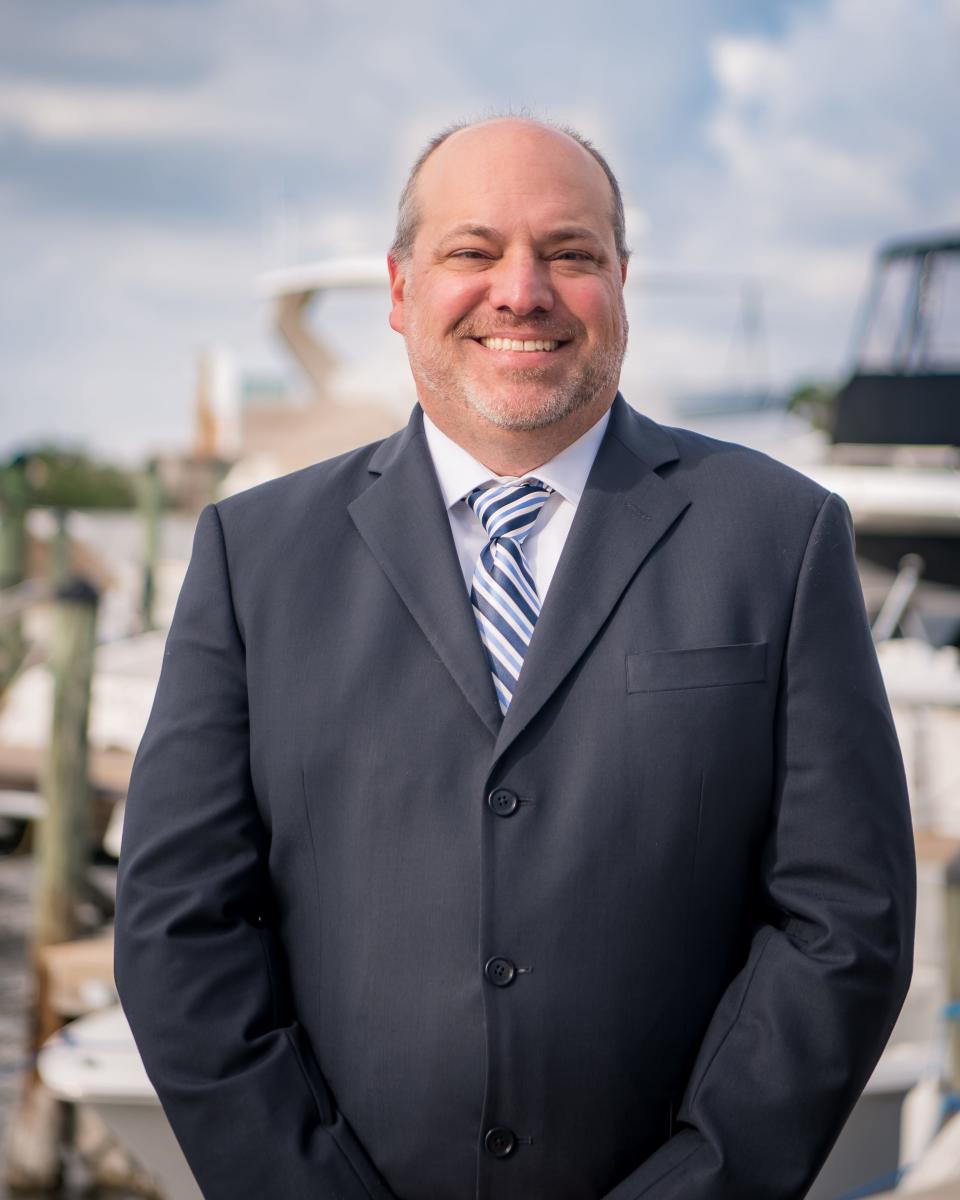You've lost a loved one and you're overwhelmed: Here's what you need to know about probate
You have just lost a loved one. You are grieving, exhausted and overwhelmed. What to do next?
You have heard of probate but unsure of what that means and how to get started. While it is complicated and does require attorneys and the courts, I want to break it down into five understandable steps.
1. Assess the estate’s assets and identify any creditors. Are there bank accounts, retirement plans or stock accounts? Any real estate? Is all the real estate in Florida or is there a second house in North Carolina? Make sure you check the decedent’s mail for any bills or look at their bank statement for any auto payments. Make a list of these items and gather the latest statements of each.
2. Hire a lawyer. Under Florida statutes, the personal representative (or executor) of an estate must be represented by an attorney. Find a lawyer who specializes in estate planning and probate matters. Bring the list of items and the latest statements of assets and creditors to the appointment along with the original will if it can be found. (The original will must be filed with the Clerk of Courts within 10 days of the death of the decedent). The attorney will be able to review the assets and determine which assets must go through probate. An inventory of the assets are required to be given to all beneficiaries under the will (or heirs-at-law if no will).
3. Create pleadings. The lawyer will create the necessary pleadings (i.e., paperwork) to start the probate process and have the will admitted to the probate proceedings. Once that happens, the letters of administration will be issued. The letters of administration are evidence that can be presented to the financial institutions that the personal representative has been appointed by the court and has the authority to act on behalf of the estate.
More: Thinking about a do-it-yourself estate plan? Think twice — and consider professional help
More: Can you plan ahead for Medicaid for nursing home purposes?
4. Ensure all creditors of the decedent are notified of the death of the decedent and given an opportunity to make a claim against the estate. Paying the creditors of the estate is a primary duty of the personal representative. Your attorney, on the personal representative’s behalf, will publish a Notice to Creditors in the local paper and send, by certified mail, the Notice to Creditors to all known creditors. Any creditors who have received the Notice to Creditors, such creditor will have 30 days to file a claim against the estate. All other creditors who have not received notice will have 90 days from the date of publishing the Notice to Creditors to file a claim. If the creditors fail to file a claim within the probate during the allotted time, the creditor will be forever barred from making a claim against the estate. If the personal representative fails to take the proper steps, then the personal representative could be held personally liable for the debts of the decedent. Therefore, this is an extremely important step,

5. Close the estate. This means filing a tax return for the decedent for the portion of the year in which they were alive and a tax return for the estate from the date of death to the closing of the estate. The personal representative gives an accounting of any receipts, withdrawals or distributions that were made from the estate to all the beneficiaries. Once the beneficiaries approve the accounting, the personal representative will carry out the wishes of the decedent and make distributions to beneficiaries in accordance with the will. Your attorney will then file a petition to discharge the personal representative from their duties and once the executed order is received from the court, the probate is over.
While this is a very general overview of the probate process, an experienced attorney will be able to walk you through the necessary steps to ensure the personal representative follows the law and avoids personal liability.
Attorney Stephen Lacey is a managing member at Lacey Lyons Rezanka. He can be reached at www.LLR.Law or by phone at 321-608-0890.
This article originally appeared on Florida Today: You've lost a loved one: What comes next with probate?

